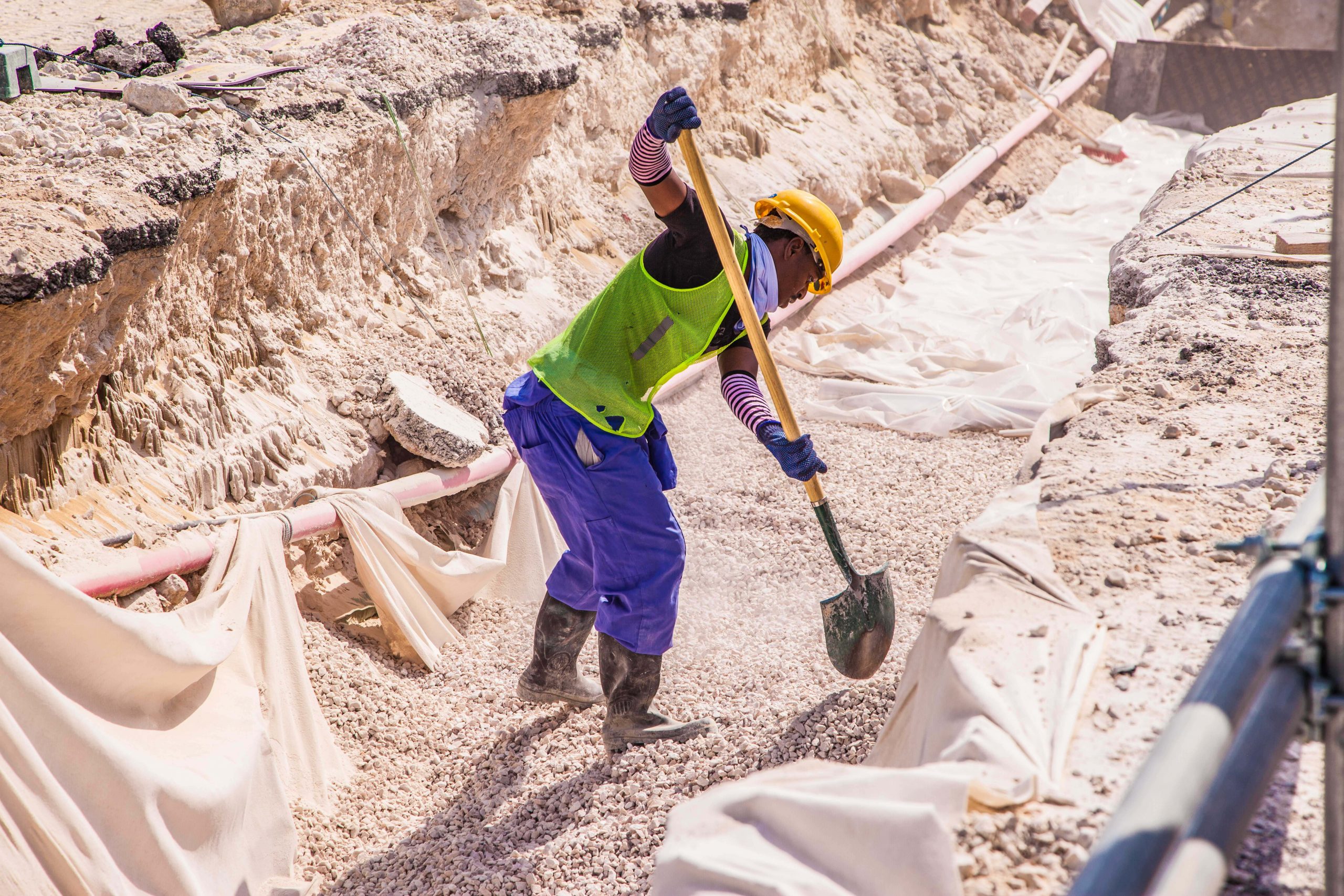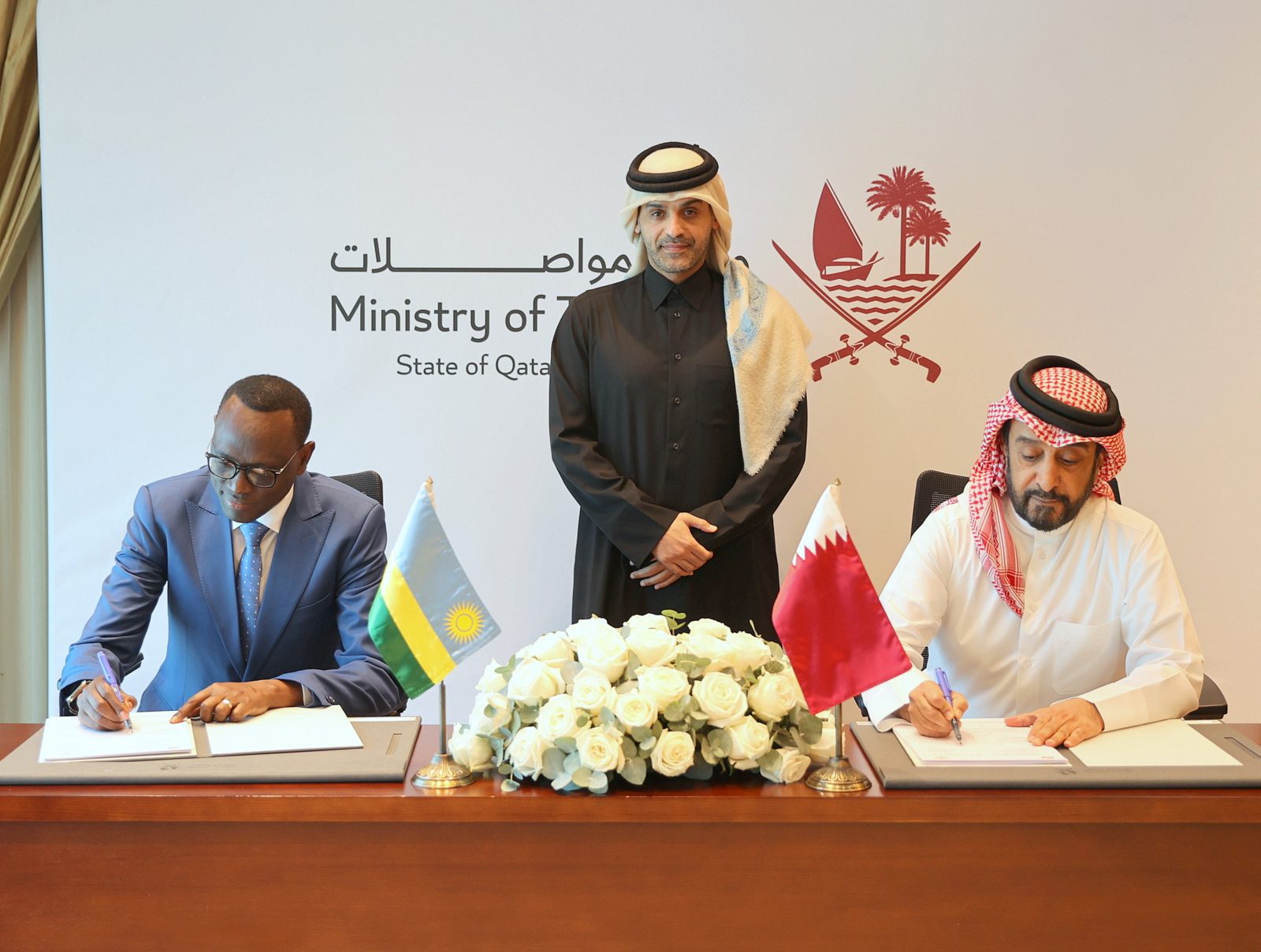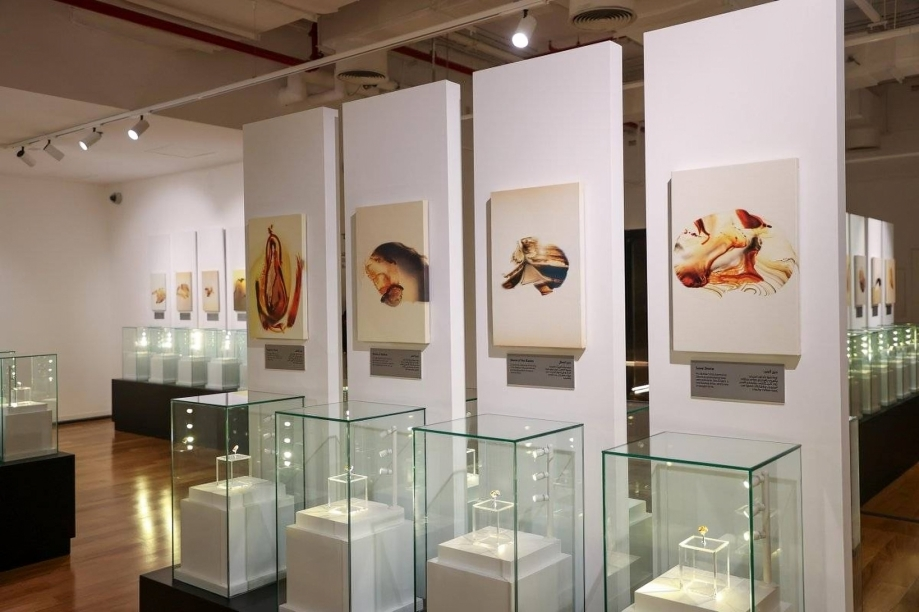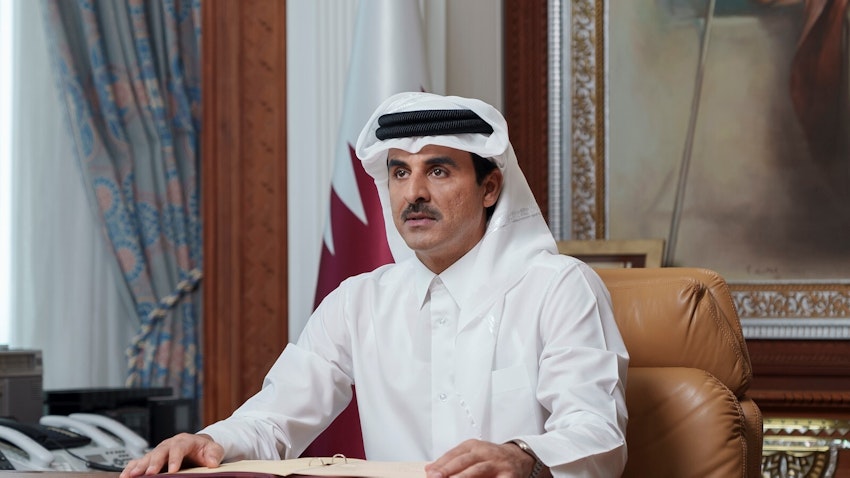NGOs and former employees have filed a series of legal complaints against a French construction company dating back to 2015.
A French judge has opened a formal investigation into claims that Vinci Construction Grands Projects, a division of the French construction company Vinci, violated the rights of migrant workers in Qatar.
Through its legal representative Jean-Pierre Versini-Campinchi, Vinci declared that it will immediately appeal the judge’s ruling.
In a statement on Monday, the company stated that it was “extremely regrettable” that even though investigations into its subsidiary had begun seven years earlier, according to reports, its subsidiary should face charges just before the FIFA World Cup 2022 kick-off.
“The judge is sending a strong signal, as it’s the first time that a company is charged on this basis for one of its subsidiaries’ activities abroad,” Sandra Cossart, head of Paris-based Sherpa France, told Reuters via telephone.
The French legal action comes in response to Sherpa’s initial 2015 complaint, which was dismissed in January 2018.
The committee against modern slavery (CCEM), Sherpa, and 11 former employees of Qatari Diar Vinci Construction (QDVC), a Qatari subsidiary of Vinci in which the French business maintains a 49% stake, filed a new lawsuit in March 2019.
NGOs and former employees claimed in the 2019 complaint that the company required migrant workers to work 11-hour shifts six days a week, which is longer than what Qatari law permits. This was conducted in alleged appalling conditions with a high risk to their personal health, for pay that was only 2% of the average wage in Qatar, reports detailed.
The Vinci unit is accused of “keeping people in servitude,” “work and housing incompatible with human dignity,” and “forced labour,” according to Sherpa.
Vinci said in a statement on Monday that the locations for public transportation in question were not associated with the World Cup because they were given to the business before Qatar was granted the position to host the major tournament back in 2010.
“We tried in vain to convince the magistrate that after seven and half years of investigation it was not a particularly good time to imagine laying charges a fortnight before the start of the World Cup,” Jean-Pierre Versini-Campinchi told AFP, adding that he feared a “media storm”.
When the anti-corruption NGO’s investigators first went to Qatar in 2014, they claim to have encountered workers on Vinci projects whose passports had been seized and who were forced to labour in temperatures above 45 degrees Celsius.
The group claimed that some of the violations occurred among subcontractors working for Qatari Diar Vinci Construction, a subsidiary of Vinci in Qatar.
At its peak, Qatari Diar Vinci Construction employed 11,000 employees and was in charge of constructing the Red Line of the city’s subterranean metro system as well as the 37-station Lusail Light Rail Transit system around Doha, reports detailed.
It also built the Sheraton hotel in Doha.
Since winning the bid to host the 2022 FIFA World Cup, Qatar has been the target of incessant scrutiny, primarily from European countries like France.
The Gulf country has since undergone major transformation especially with regards to its milestone achievements in labour reforms, introducing a minimum wage, limits on outdoor working hours during the summer season and scrapping the controversial kafala system.
However, despite the rollout of the reformed legislation, complaints of violations continue to surface across Qatar’s private sector, which mainly comprises of companies from western countries.
According to the latest labour ministry figures, some 1,327 complaints by workers against the employer’s company were made in September, 607 of which have been resolved.
The number of violations against companies with regards to wage protection stood at 1,216, while the number of alerts for companies to remove violations was 473.
Despite increasing inspections and legislation, criticism has continued to exacerbate in recent weeks, with officials saying recent calls to boycott the World Cup in Qatar by a number of European nations largely dismiss progress made on the ground.







